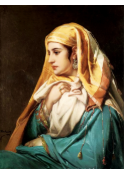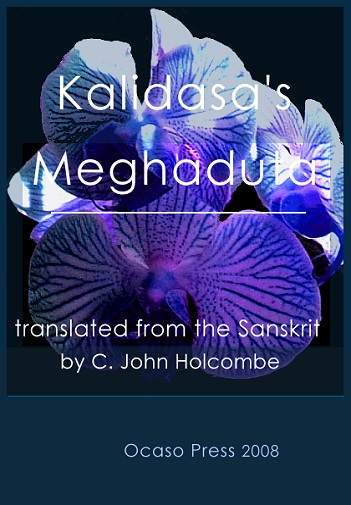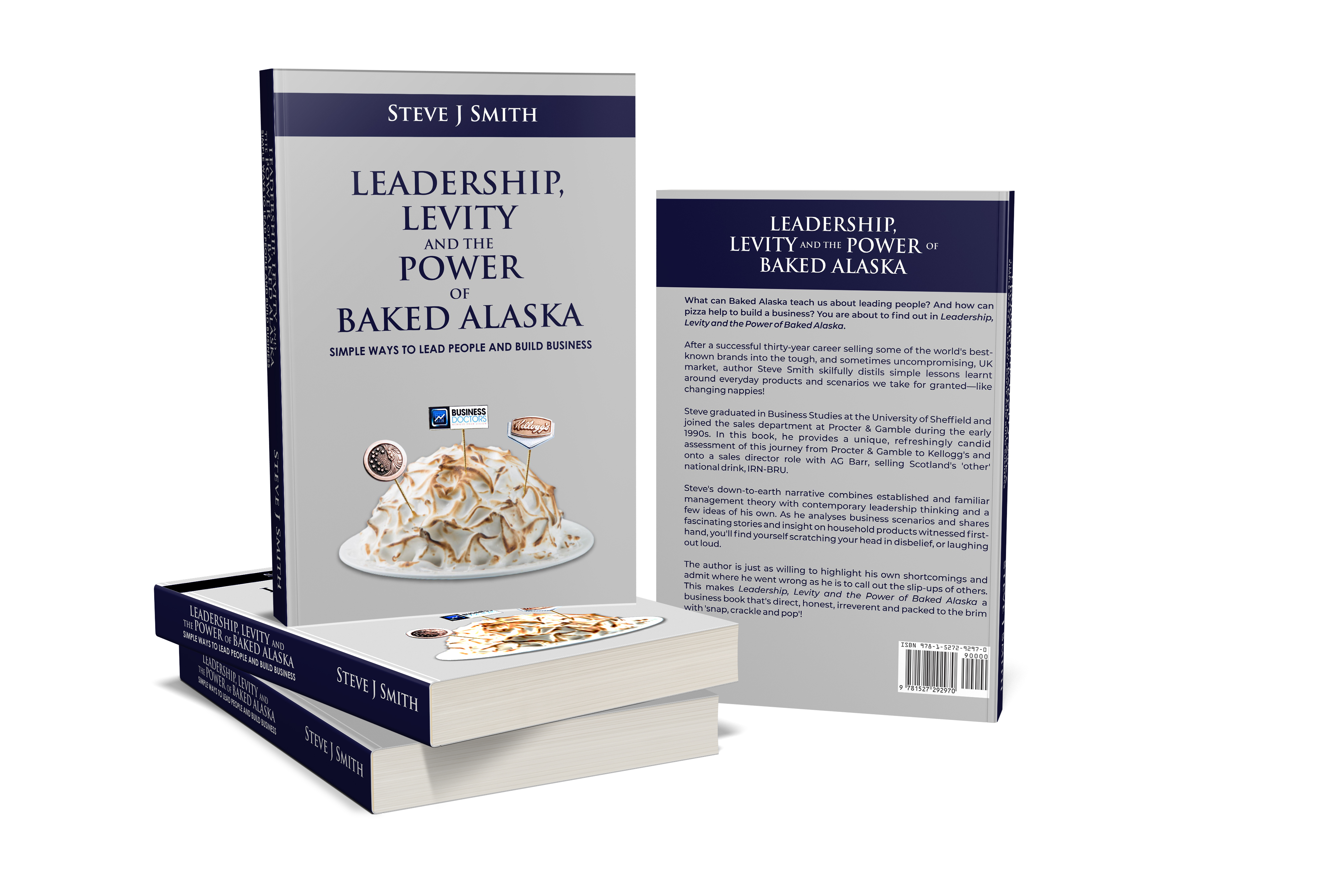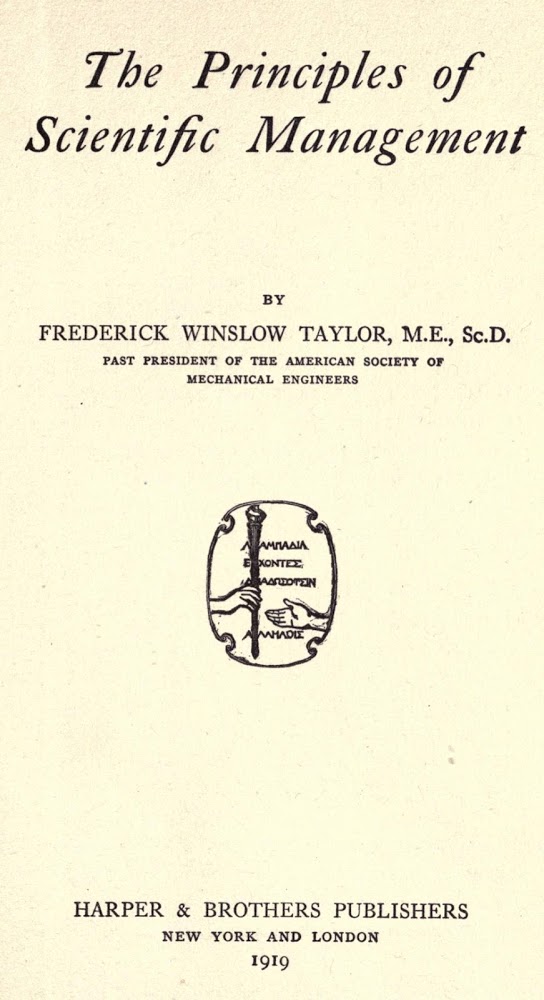Ibn Khaldun and his Muqaddimah (The Prolegomenon)
Everybody reads and the most successful reads the most. While I was going through the list of books recommended by Mark Zuckerberg, the founder of Facebook, I was not at all surprised to find “Muqaddimah '' as one of the books highly recommended by him.
Muqaddimah is written by the 14th century great thinker & philosopher Ibn Khaldun. Muqaddimah is an Arabic word which means “prologue” or the “Introduction” to introduce a large work. In the academics the term "Muqaddimah" classically means “The Prolegomenon” and that is why Muqaddimah is titled as such in English.
Ibn Khaldun while introducing his Magnum Opus “Kitab al Ibar” ( The History of the Arabs and the Berbers) wrote the introduction to this book and that introduction became the “Muqaddimah (The Prolegomenon)” as we know today.
The Rarest of The Rare
Perhaps this is the rarest of the rare cases where the introduction to the book is more famous than the book itself. To be honest the Muqaddimah is not a short introduction but has a wide and large commentary in itself. The irony was that whosoever read the introduction were so engrossed in it that they paid little attention to the main book itself. That is why the Muqaddimah was separated from its main book. But to set the facts right the book “ The History of the Arabs and the Berbers” in itself is a masterpiece of its time.
Today the Muqaddimah ( The Prolegomenon ) is always read as a separate book and not as a part of the Magnum Opus “ The History of the Arabs and the Berbers”.
What is the Book About
Muqaddimah is the 14th century masterpiece dealing with the rational, logical and analytical way to study history and society. It is simply the “philosophy of history” for the first time in our intellectual enterprise.
In that age when history writing was mere storytelling it was Ibn khaldun who for the first time proposed the scientific code for understanding & writing History.
In his muqaddimah he talks about the seven 7 mistakes that the historians were committing while writing history. These 7 mistakes of historians have been dealt with in the Muqaddimah very thoroughly and he argues that until unless it is not rectified we will never know the true history. This is almost like the seven 7 deadly sins of our intellectual existence.
Ibn khaldun was way ahead of his times as he knew that if scientific codes are not introduced in history writing it will be mere “ Fake News” of the past. That is why when we read the Great 8 volumes of Herodotus we realise that it is more a story telling than history of that time. But it took almost 2000 years after Herodotus for the great Ibn Khaldun to give proper intellectual & philosphical directions to the field of history.
Ibn Khaldun was a towering intellectual figure of the 14th century and those qualities are at full display in his Muqaddimah. A historian cum philosopher of immense repute who is credited with finding a new science in Humanities called “Al Ijtima Al Insaan”(The Science of Human Society). This branch of historical studies is also called " Human Social Organisation”. This science of human society ultimately became what we call " Sociology" today.
That is the reason many regard Ibn Khaldun as the Father of Sociology. Many say that his study of history through scientific and rational ways was the first attempt at "Historical Materialism”.
The Muqaddimah is a great contribution to the field of governance, jurisprudence, administration, social sciences etc and it opened up new ways of looking at our common humanity itself. Ibn Khaldun’s Muqaddimah provides us the way to understand the inner meanings of history & society rather than just accept it as a list of events. It exhorts us to delve deep into the psyche of events & moments and then draw logical conclusions out of it.
If we read the book deep inside we get to know about the art of administration, justice and governance and how Ibn Khaldun views it. All through the book he is full of sagely advice on how to govern, how to do justice and how to run the administration. Ibn Khaldun himself was an administrator at the highest level and that is why the Muqaddimah has searing observations on statecraft.
The Muqaddimah is like an encyclopedia of humanity where every aspect of human existence has been dealt with. We read about the concepts of consciousness, perception, thinking, Civilization, nation state, leadership, administration, justice, taxation and everything that comes under the purview of human imagination. Ibn Khaldun has not missed any aspect of our existence without discussion and exhorts us to think into the realms of all possibilities that can exist in our existence.
The underlying message of the book is to develop senses beyond the obvious to understand the hidden truth of society. Until unless we do not use our own intellects we cannot find the truth and we will be merely slaves of falsehood.
The Moments From The Book
If one reads the Muqaddimah there are instances where thought provoking anecdotes,facts, questions etc have been presented to the readers which forces us to think about it. We just cannot ignore it and move ahead. The beauty of such passages from the book is that it transcends the limitations of time and space.
Some of the thought provoking moments from the book are captured below for the readers to think on their own.
Ibn Khaldun goes into the psyche of State and Leadership and his observations are illuminating…
“Leadership exists only through superiority, and superiority only through group feeling. Leadership over people, therefore, must, of necessity, derive from a group feeling that is superior to each of the individuals”.
“Each individual group feeling that becomes aware of the superiority of the group feeling of the leader is ready to obey and follow that leader”
“Once group feeling has established superiority over the people who share, in that particular group feeling, it will, by its very nature, seek superiority over people of other group feelings unrelated to the first.”
“Religious propaganda gives a dynasty at its beginning another power in addition to that of the group feeling it possessed as the result of the number of its supporters.”
“Dynasties have a natural life span like individuals.”
“Good rulership is equivalent to mildness. Extreme harshness is harmful to state authority and in most cases causes its destruction.”
For the Justice system and judges he has this advice...
“If you gave judgment yesterday, and today upon reconsideration come to the correct opinion, you should not feel prevented by your first judgment from retracting; for justice is primeval, and it is better to retract than to persist in worthlessness.”
“Injustice brings about the ruin of civilization”
Regarding the government officials he has this message..
“None of you should have too sumptuous an office or go beyond the proper limits in his dress, his mount, his food, his drink, his house, his servants, or in the other things pertaining to his station, for, despite the nobility of the craft by which God has distinguished you, you are servants who are not permitted to fall short in their service. You are caretakers whom one does not permit to be wasteful or spendthrift.”
Ibn Khaldun was a great advocate of Thinking and he says...
“Perception - that is, consciousness, on the part of the person who perceives, in his essence, of things that are outside his essence - is something peculiar to living beings to the exclusion of all other beings.”
The general comments and observations are also worth reading …
“Prestige is an accident that affects human beings. It comes into being and decays inevitably. No human being exists who possesses an unbroken pedigree of nobility from Adam down to himself.”
“Sedentary culture is the goal of urban civilization. It means the end of its life span and brings about its corruption.”
“Profit is the value realized from some form of human labor otherwise it is corruption”
There are many such illuminating and thought provoking observations throughout the book.
The Central Thesis
The main aspect of the book or the central thesis is about questioning things even if they appear to be real and analysing them from every possible angle. Ibn khaldun argued that logical analysis is the basis of intellectual freedom of humanity and until we do not question the fact that is thrown at us we will never succeed in attaining the true intellectual freedom of our mind.
That is why Ibn Khaldun questions his own family tree and points out the logical mistakes in it. This shows his utmost commitment to critical analysis and conveys the message that logical thinking must start from our own self first. In those days genealogy was a matter of pride for even the intellectuals and to question it requires great courage. This is where Ibn Khaldun introduces Critical Thinking into our intellectual pursuits.
Ibn Khaldun motivates us to think philosophically even in matters of history if we want to learn the essence of historical facts. He requires our mind to critically analyse socities so that humanity can progress on the basis of reason and logic.
What I think
The Muqaddimah tells us most of the facts that may seem very obvious now but for those ages it was a revolution in the thinking pattern. Though some of the facts in Muqaddimah may have been disproved by now, the mesmerising ability of Ibn Khaldun to intellectually think like that has shaped our civilizations and is a great leap forward in human progress. Sometimes the facts and reasons narrated may seem too displeasing but we have to read those things in conjugation with those ages.
Ibn Khaldun introduced critical thinking and logical analysis into history and understanding of society and polity, something that opens up your mind to more intellectual freedom. There are many generalizations available in the book which may not be true today but the underlying sense of those wisdoms can still be related today in the expanded form.
If you want to learn history then you have to exist in that time. You have to transport yourself into those ages and understand that particular aspect of history rather than transforming that historical narrative into the present and trying to understand. With this mindset every book of the past will be dead letters only including the books of science written a few years ago.
Most of us commit the critical mistake of trying to compare history & society of the past with our present times and then trying to deduce meanings out of it. This is the most futile and illogical way of understanding society & history and Ibn Khaldun in his Muqaddimah warns of this particular weakness in human intellectual exercise. The real aim of reading history is to grasp its inner meanings and the underlying wisdoms and not to just obsess, dispute and entangle ourselves in its facts and figures.
Muqaddimah is the journey of our human mind to imagine limitlessly to every possible corner of our human existence. My advice is to transform your mind to those ages and understand society in its relative sense. The relativity of human existence is the one essence that comes out very clearly in Muqaddimah (The Prolegomenon).
Anybody who reads Muqaddimah (The Prolegomenon) will definitely have his own share of interesting aspects to narrate about and also criticize its various aspects. Like any other book it has its weak points that can be criticized on the altar of our own observations. This is fair and reasonable but nobody can possibly say that major aspects of humanity have been left without discussion in this book. This is simply not possible.
To me the one thing that Muqaddimah ( The Prolegomenon ) wants us to do is to read it, journey with it, appreciate it and even criticise its failings. I think this is the purpose for which this book possibly seems to have been written.
What are your opinions ?
* Do not Forget to Subscribe to Leadership Sparkle by registering your email.*

 Get a PDF Free Book
Get a PDF Free Book








Nicely articulated facts about the Muqaddimah. Lots of lessons in the book. I would love to read the book.
Thank you Tanweer. You would be loving the book.
Great source of learning and understanding the society and history